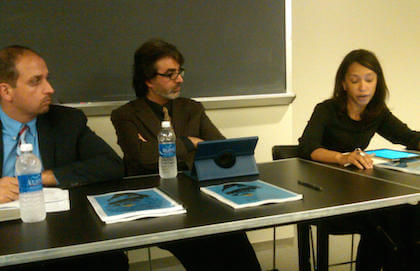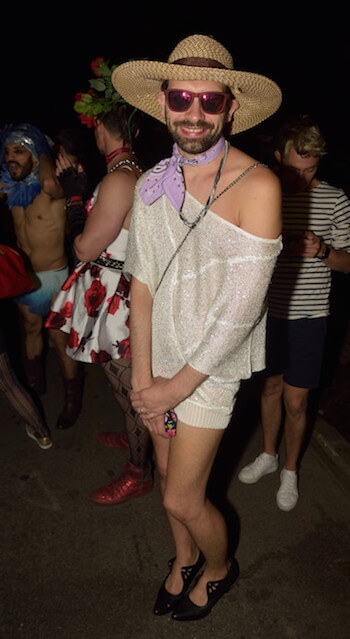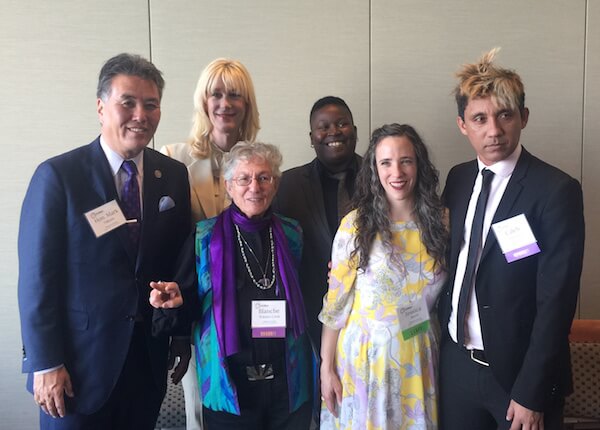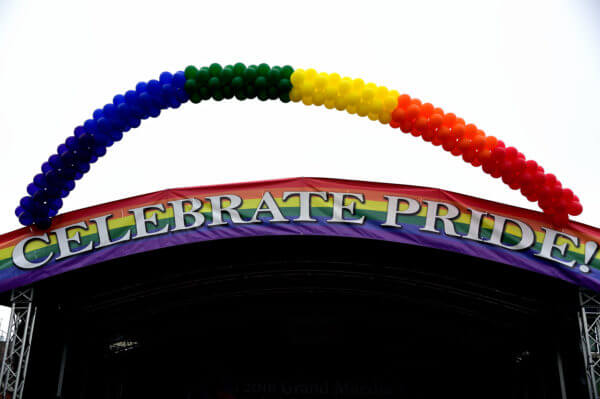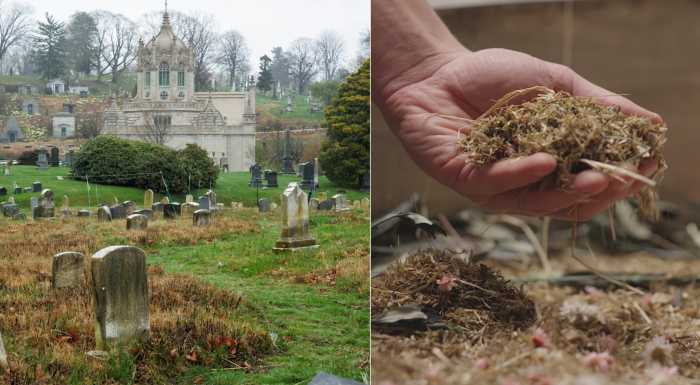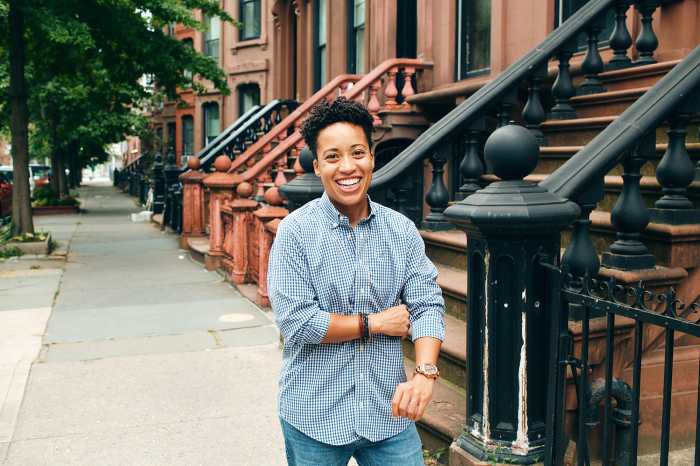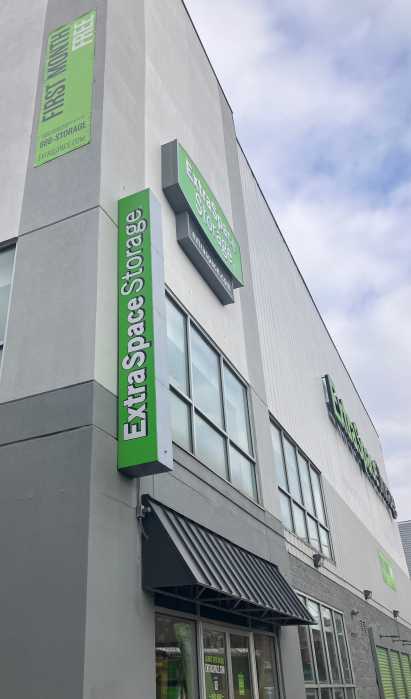BY ANDY HUMM | The mullahs and Revolutionary Guards who rule Iran are doing everything in their power to prevent a revolution in gay rights from happening there. A panel of experts on LGBT issues in Iran assembled at the CUNY Graduate Center on October 13 by OutRight Action International (which is the new name for the International Gay and Lesbian Human Rights Commission, or IGLHRC) saw continuing peril for LGBT Iranians and no Stonewall on the horizon, but they did point to some small signs of hope, especially via the Internet. Even there, however, panelists emphasized that online access can both sow the seeds of LGBT communication and unity and place people in danger from snooping morality police.
The plight of LGBT Iranians gained international attention a decade ago, when pictures of the execution of two young men –– publicly hanged allegedly for homosexual activity –– spread around the world. As the outcry grew, the Iranian government insisted the young men had raped a 13-year old boy, but the case stayed in the public eye in part because it brought to light the fact that the penalty for consensual sodomy in Iran can be death.
Rose Parris Richter, who is a special assistant to the United Nations special rapporteur on the human rights situation in Iran, rattled off a depressing list of ongoing discrimination and violence faced by LGBT Iranians –– from pervasive bullying in schools to torture, forced marriage, floggings, and rape. Transgender people and gay people are offered gender reassignment surgery, but that is intended to maintain Iranian society’s gender binary, and “surgeries often lead to complications,” she said.
OutRight Action International Panel emphasizes stark hurdles facing LGBT people in Islamic Republic
On the general question of where the fight for LGBT rights is heading, Richter said, “There is little agreement on how to advance.”
Dr. Arash Naraghi, who teaches philosophy and religion at Moravian College in Bethlehem, Pennsylvania, meticulously explained what would have to happen with Islam as it is practiced in Iran for LGBT people to obtain justice and understanding. He sees some hope in getting Muslims to understand that while Sharia laws revealed by their God cannot change, fiqh –– the human interpretations of Sharia –– can.
“It is impossible for God to command us to do things that are unjust,” he said, so the challenge is getting people to see discrimination against LGBT people as unjust.
There is now a visible women’s movement in Iran that has made some progress in advancing the status of Muslim women, but the LGBT movement remains underground, building its own consciousness no less than educating the public at large about the true nature of sexual orientation and gender identity.
Mani Mostofi, an Iranian-American attorney and human rights advocate who is director of Impact Iran, talked about how LGBT Iranians are using their smartphones to find each other for socializing, hooking up. and figuring out how to deal with everything from talking about themselves with their families to getting out of the country if necessary. The problem, he said, is that the government censors gay websites and uses social media to entrap LGBT Iranians and raid their gatherings.
Some LGBT information, culture, and new media is transmitted via satellite television and is harder to censor.
Naraghi is “cautiously optimistic” about the younger generation in Iran, whom he sees as having “a completely different attitude” on LGBT issues.
Hossein Alizadeh, regional program coordinator for the Middle East and North Africa for OutRight and the moderator of the panel, saw an odd sign of hope in the way a former Iranian minister of culture condemned LGBT people and young Iranians’ growing receptiveness toward them: “He said, ‘We can see the collapse of moral values in the young. Ten years ago, if you asked them about homosexuality they would say it is a perversion. Now they say it is a human rights issue.’”
Alizadeh and OutRight have prepared guides for Iranian journalists outside of Iran to move them toward more neutral and accurate language in reporting on LGBT issues. But things are so restrictive inside Iran that UNAIDS does not even refer to sexual transmission of HIV in its materials there. “It’s all about drugs,” Alizadeh said.
Among those in the audience was Omair Paul, who is the representative at the UN for Muslims for Progressive Values, a group founded in 2007 to move Islam in a more progressive direction on women’s and LGBT rights and more. In response to his comments on the work his group does, Naraghi said that the major obstacle to its goal comes from the billions of dollars that the Saudis and others pour into promoting reactionary Sunni Islam Wahhabism. Those voices, he said, dominate what the world hears about the religion.
These panelists and others participated in an another OutRight conference on Iranian LGBT issues in Dusseldorf last year and contributed articles that were compiled into “LGBT Rights in Iran: Analysis from Religious, Social, Legal. and Cultural Perspectives,” downloadable at outrightinternational.org/content/lesbian-gay-bisexual-and-transgender-rights-iran.

